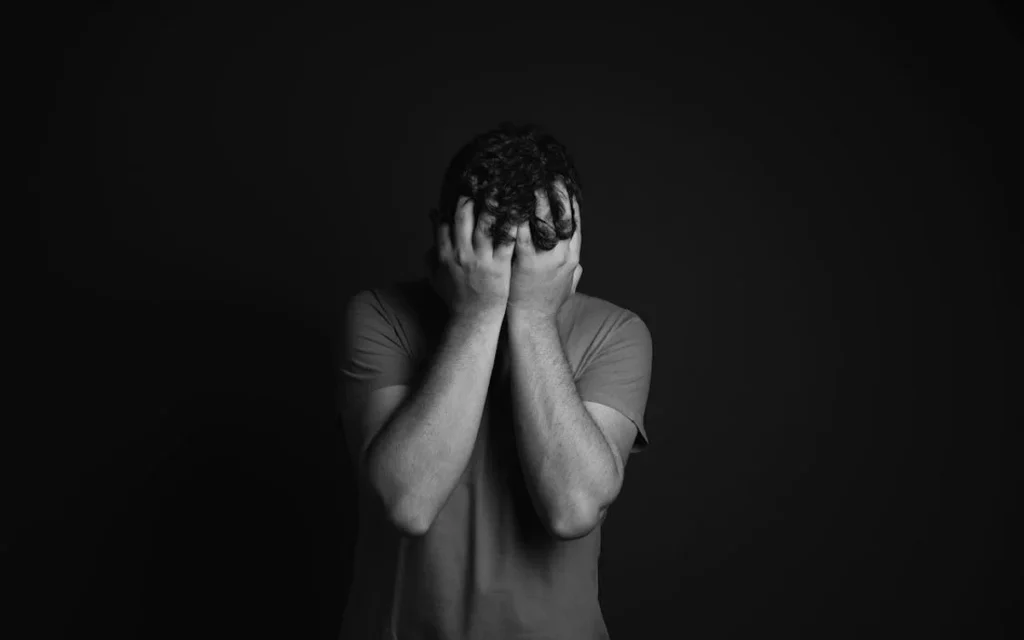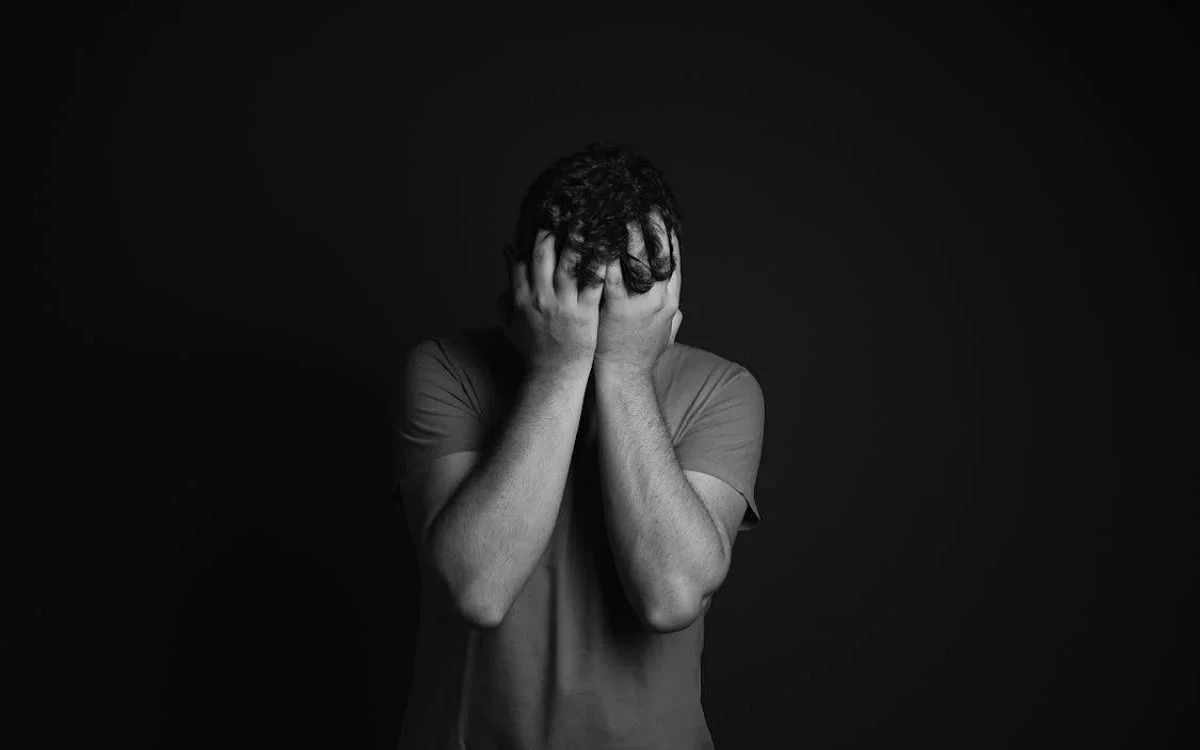|
Getting your Trinity Audio player ready...
|
In the heart of California, a revolutionary approach to criminal justice is gaining traction: mental health diversion courts. These specialized courts, designed to redirect individuals with mental health issues away from incarceration and into treatment, have become a focal point of discussion among policymakers, legal experts, and mental health advocates alike.
As of June 2024, California boasts over 30 mental health courts across its 58 counties[1], a number that has steadily grown since the state passed legislation in 2018 expanding the use of mental health diversion. This expansion comes at a critical time, as the intersection of mental illness and the criminal justice system remains a pressing concern.
The Need for Mental Health Courts
According to the California Department of Corrections and Rehabilitation, approximately 30% of California’s prison population suffers from serious mental illness[2]. This statistic underscores the urgent need for alternative approaches that prioritize treatment over punishment.
We cannot incarcerate our way out of a mental health crisis,
says Dr. Maria Gonzalez, a prominent psychiatrist and advisor to the state’s mental health court system.
These courts represent a paradigm shift in how we view the relationship between mental illness and criminal behavior.
Mental health courts operate on the premise that many crimes committed by individuals with mental illnesses are a direct result of their untreated conditions. By providing access to comprehensive mental health services, these courts aim to address the root causes of criminal behavior and reduce recidivism.

How Mental Health Courts Work
The process begins when a defendant, typically facing misdemeanor or non-violent felony charges, is identified as having a mental illness that may have contributed to their offense. With the consent of the prosecutor, defense attorney, and judge, the individual may be referred to mental health court.
Participants then undergo an intensive, supervised treatment plan that can last from one to two years. This plan may include:
- Regular court appearances
- Mandatory counseling and therapy
- Medication management
- Substance abuse treatment (if applicable)
- Housing and employment assistance
Success Stories and Challenges
The impact of these courts has been notable. A recent study by the Judicial Council of California found that participants in mental health courts had a 26% lower recidivism rate than those who went through traditional court proceedings[3].
One success story is that of John Doe (name changed for privacy), a 35-year-old man who had cycled in and out of jail for years due to crimes related to his untreated bipolar disorder. After completing an 18-month program through a San Francisco mental health court, John has been stable, employed, and crime-free for over two years.
This program saved my life,
John says.
For the first time, I feel like I have a future.
However, the system is not without its challenges. Funding remains a persistent issue, with many counties struggling to meet the demand for services. Additionally, there are concerns about the voluntary nature of these programs and whether they truly provide an alternative to incarceration for those most in need.
We must ensure that these courts don’t become a ‘get out of jail free’ card for those who can afford good lawyers,
cautions civil rights attorney Lisa Bloom.
The focus must remain on providing equitable access to mental health treatment for all.
Looking Ahead
As California continues to grapple with overcrowded prisons and a mental health crisis exacerbated by the ongoing aftermath of the COVID-19 pandemic, mental health courts stand as a beacon of hope. State Senator John Smith, who has championed legislation supporting these courts, believes they represent a critical step forward.
By investing in mental health diversion, we’re not just saving money on incarceration costs,
Smith argues.
We’re saving lives and rebuilding communities.
The coming years will be crucial in determining whether California can scale up this model effectively. With proper funding, community support, and a commitment to evidence-based practices, mental health courts could redefine justice for some of society’s most vulnerable members.
As Dr. Gonzalez puts it,
This is about seeing the person behind the offense and offering a hand up instead of handcuffs. It’s not just smart justice—it’s human justice.
For More News Update Visit California News



